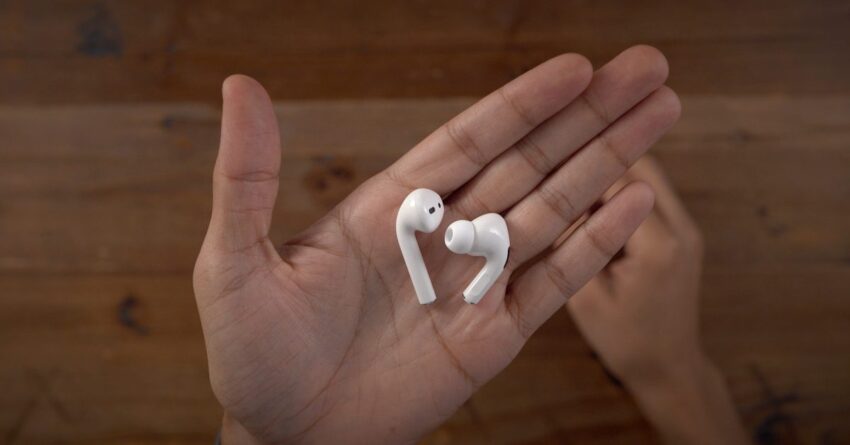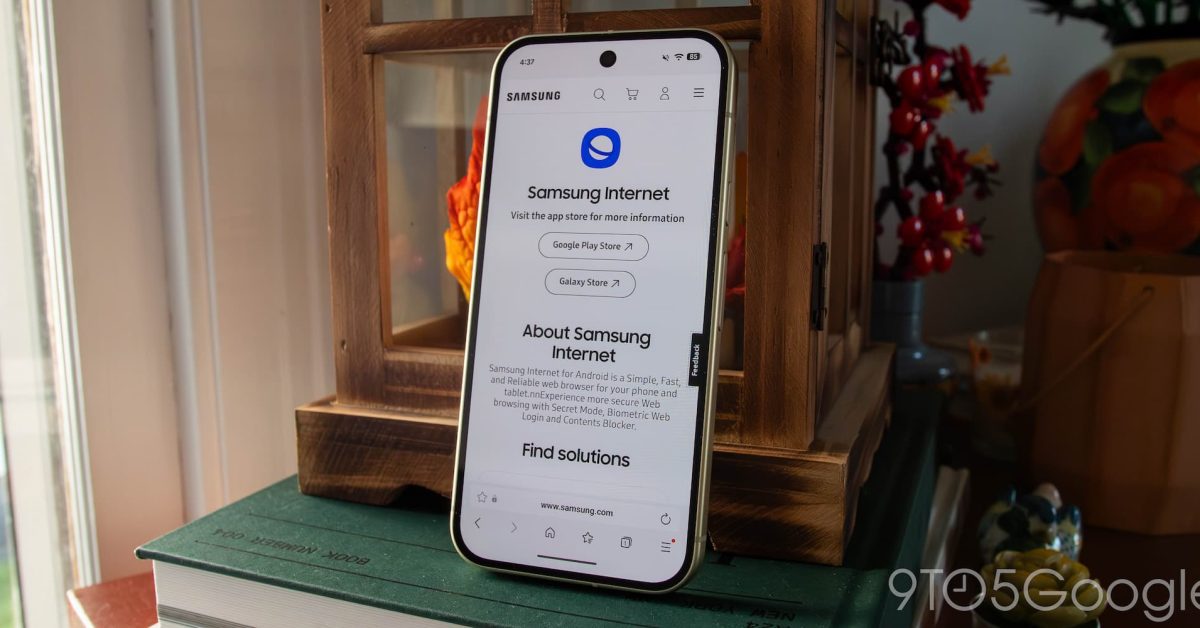
apple scores partial win in airpods pro Apple has achieved a partial victory in a class action lawsuit concerning crackling sounds and Active Noise Cancellation (ANC) issues in its first-generation AirPods Pro.
apple scores partial win in airpods pro
Background of the Lawsuit
In 2022, Apple faced a class action lawsuit that accused the company of neglecting to adequately address known issues with its first-generation AirPods Pro. Users reported persistent crackling sounds during calls and while listening to audio, as well as problems with the Active Noise Cancellation feature, which is a key selling point of the product. The lawsuit claimed that these defects not only affected the user experience but also diminished the value of the product, leading to financial losses for consumers.
The AirPods Pro, released in October 2019, quickly gained popularity due to their advanced features, including ANC, which allows users to block out ambient noise. However, as users began to experience issues, complaints surged, prompting many to seek legal recourse. The lawsuit highlighted that Apple had been aware of these problems yet failed to provide a timely and effective remedy.
Recent Developments in the Case
This week, a significant development occurred when a U.S. judge ruled in favor of Apple, dismissing part of the class action lawsuit. According to reports from Reuters, the judge’s decision focused on specific claims made by the plaintiffs, indicating that not all allegations were substantiated enough to proceed in court. This ruling represents a pivotal moment in the ongoing legal battle, as it narrows the scope of the lawsuit and may influence how similar cases are handled in the future.
Details of the Judge’s Ruling
While the judge dismissed certain claims, the ruling did not completely absolve Apple of responsibility. The court allowed some aspects of the lawsuit to continue, particularly those related to warranty violations and potential misrepresentation of the product’s capabilities. This partial dismissal suggests that while Apple may have won a battle, the war is far from over.
Implications for Apple and Consumers
This ruling has significant implications for both Apple and its customers. For Apple, the partial win may alleviate some immediate legal pressures, but it also highlights ongoing concerns regarding product quality and customer satisfaction. The company has built its reputation on delivering high-quality products, and any perceived failure to uphold this standard can have long-term effects on consumer trust.
For consumers, the lawsuit underscores the challenges they face when dealing with defective products. Many users expect that companies will stand behind their products and address issues promptly. The ongoing litigation may serve as a reminder that even well-established brands like Apple can be held accountable for product defects.
Stakeholder Reactions
Reactions to the ruling have been mixed. Consumer advocacy groups have expressed disappointment that some claims were dismissed, arguing that it sets a concerning precedent for how tech companies handle product defects. They emphasize the importance of holding companies accountable for their products, especially when those products are marketed as premium offerings.
On the other hand, Apple supporters may view the ruling as a validation of the company’s commitment to quality control. Apple has consistently maintained that it takes customer feedback seriously and strives to improve its products. The company has also implemented software updates and other measures to address the issues raised by users, which could be seen as a proactive response to the lawsuit.
Future Considerations for Apple
As the case continues, Apple will likely face increased scrutiny regarding its product development and customer service practices. The company may need to reassess its approach to handling customer complaints and product defects to avoid similar legal challenges in the future. This could involve enhancing communication with customers and ensuring that issues are resolved more efficiently.
Additionally, Apple may need to consider the long-term implications of this lawsuit on its brand image. As consumers become more aware of their rights and the legal avenues available to them, companies must be vigilant in maintaining their reputations. Failure to do so could result in a loss of customer loyalty and a decline in sales.
Broader Context of Consumer Electronics Lawsuits
This case is part of a broader trend in the consumer electronics industry, where companies are increasingly facing legal challenges related to product defects and misleading advertising. As technology evolves, so do consumer expectations. Customers now demand not only high-quality products but also transparency and accountability from manufacturers.
In recent years, several high-profile lawsuits have emerged against major tech companies, highlighting issues such as battery performance, software glitches, and hardware defects. These cases often draw attention to the responsibilities that companies have to their customers and the legal ramifications of failing to meet those obligations.
Potential Impact on Future Product Releases
The outcome of this lawsuit could also influence how Apple approaches future product releases. The company may become more cautious in its marketing strategies, ensuring that it does not overpromise on features that could lead to consumer dissatisfaction. This could result in a more measured approach to product launches, with a greater emphasis on thorough testing and quality assurance.
Moreover, Apple may invest more in customer support initiatives to address issues before they escalate into legal disputes. By fostering a more responsive customer service environment, the company could mitigate potential backlash and enhance customer loyalty.
Conclusion
The partial win for Apple in the AirPods Pro crackling lawsuit marks a significant moment in the ongoing legal battle surrounding product defects in consumer electronics. While the ruling provides some relief for Apple, it also highlights the complexities of consumer rights and corporate responsibility. As the case continues, both Apple and its customers will be watching closely to see how the legal landscape evolves and what it means for the future of product quality and consumer trust.
Source: Original report
Was this helpful?
Last Modified: October 30, 2025 at 11:37 am
0 views















